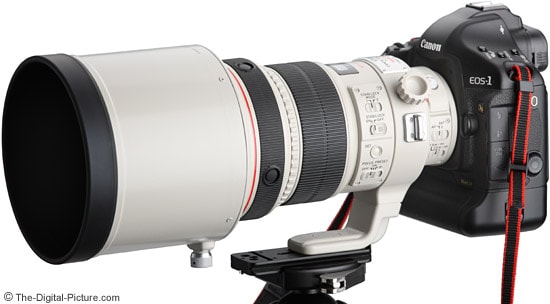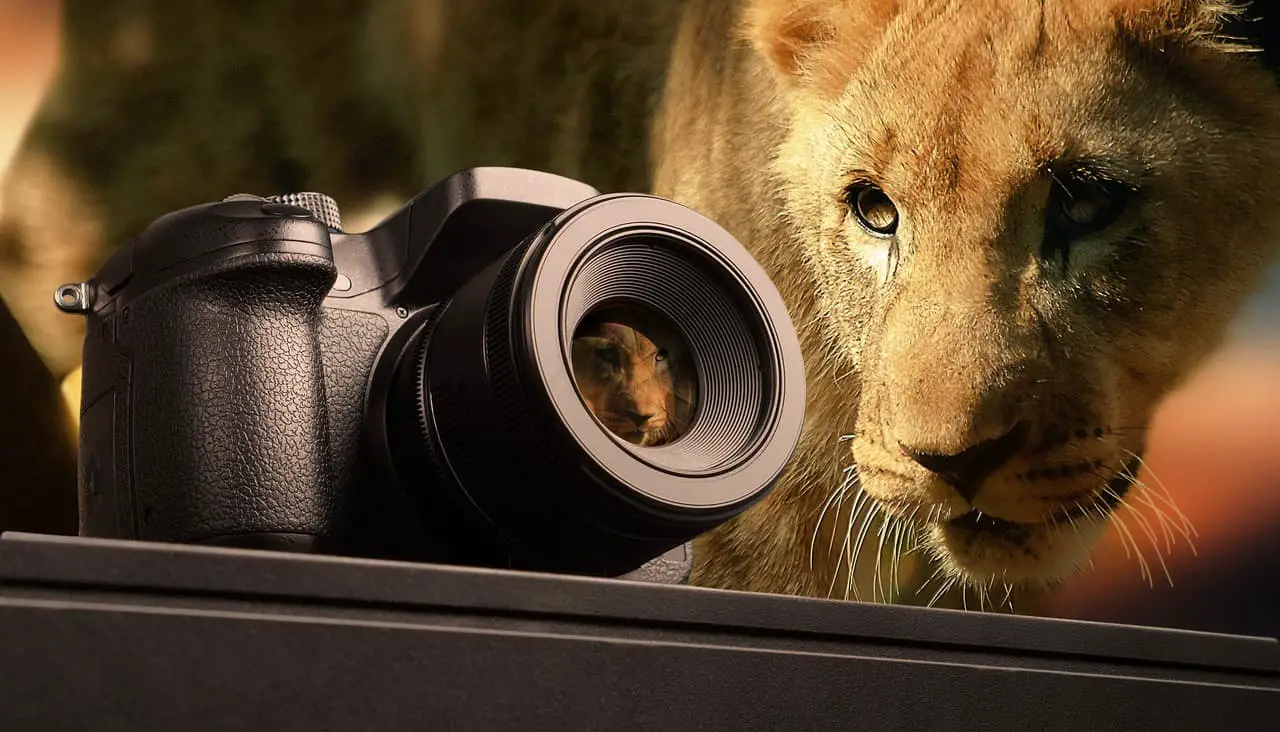Table of Contents
*This post may contain affiliate links. As an Amazon Associate we earn from qualifying purchases.
Are you looking for some great safari camera gear tips before you fly out to Africa? Then you’ve found the right place.
Photos are the memories we have and cherish after all has been said and done.
If you’re about to go on safari in Africa, then you’re going to want to make sure that you have a great camera on hand to capture all the stunning things you’re going to see.
To make sure that you’ve captured all the highlights of your highly anticipated safari tour, you’ll need to carry a flawless safari camera gear.
You don’t have to buy National Geographic worthy cameras here to get the best shots.
These tips are not about spending thousands of dollars on camera equipment. Instead, they are about teaching you what to look for in a good camera, the camera basics to know, and how to take care of the equipment.
The following are six smart tips to get the best out of your safari camera gear:
1. Speed Drive (Frames/Sec.) and Storage Capacity
Thanks to the advances in technology, we now have affordable cameras that take stunning photographs. Cameras that have over 3-frames/sec. require more storage space because pictures are being saved in GBs and not in MBs. This brings us to the fact that you should always carry a series of memory cards with you.
One memory card is not going to be sufficient to capture everything you want. If you want to bring just one memory card, then remember to make it a 64GB memory card and also carry an external hard-drive so you can transfer pictures at the end of each day.
2. The Lens
Ever wondered how renowned photographers seem to get amazing HD up-close photos of wild animals? They certainly aren’t going that close to lions, believe us! So how do they do it? Say hello to zoom lens.

You can’t opt for anything less than 200mm if you’re serious about capturing detail.
We know camera lens are expensive, that’s why we’re letting you in on a little secret. You can borrow a suitable lens from online rental stores instead of paying almost $10k to purchase one.
If you don’t want to borrow a lens, and can’t purchase a 200mm lens either, then you might consider compromising and purchasing either a Canon 100mm or Nikon 80mm lens (suitable for hobbyists). Don’t forget to buy a lens cleaning kit and lens protective filters too.
3. Carrying Your Camera
It’s important to opt for a comfortable camera bag which doesn’t hinder your movements. Backpacks, holster bags, shoulder bags, sling bags and cases are the major options in this regard and we suggest backpacks more than any other option. Backpacks distribute the weight evenly and it doesn’t feel uncomfortable even after carrying the camera for hours.
4. Camera Selection

You can’t compromise on quality when choosing from a list of the best Safari cameras to take on a trip to Africa. Major considerations include the drive speed, sensor, lens and obviously, price. FPS is important because African trip brings you to the land of fast moving animals and you can’t afford to miss the best shots.
We suggest you opt for no less than 3FPS to achieve good results. Nikon, Sony, Panasonic, and Canon are among the best brands to choose from. Black Friday is the best time to avail significant discounts on these brands.
5. Pop-Tops
Do you plan on taking professional safari photos to sell? If this is you, then you’re going to need to think ahead of time about the type of vehicle you want for your photography sessions.
Roll-Tops and Pop-Tops are two types of trucks available for safari tours. Pop-Tops have sides to rest against. You can rest your body against the truck-sides to maintain a stable posture while capturing pictures. It becomes tough to handle camera without a support, as is in the case of Roll-Tops.
6. Flash
Experts don’t suggest the use of flash unless you need to fill-in. If you don’t want to do without flash, opt to use a Fresnel (flash-extender) to get the best results instead. This additional feature provides excellent results during and after dusk when the light is low and the horizon is slowly darkening.
Double Check Everything Before Flying Out
Don’t forget to double check your safari camera gear before leaving for your safari tour.
Make sure that you have secured everything and expressly marked it ‘fragile’ if you’re sending the gear out in baggage.
Carry spares of everything, chargers, lights, cables, and external hard drives.
You want to be prepared should you lose anything during your tour.

